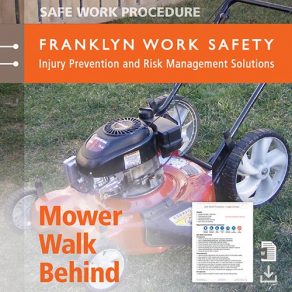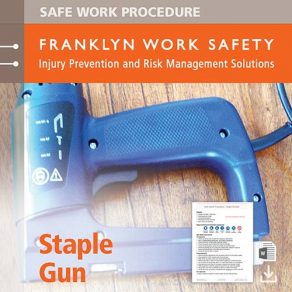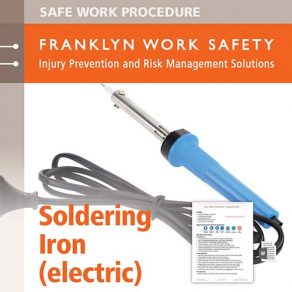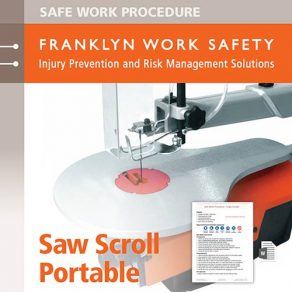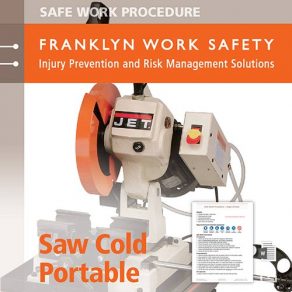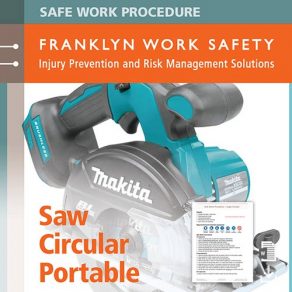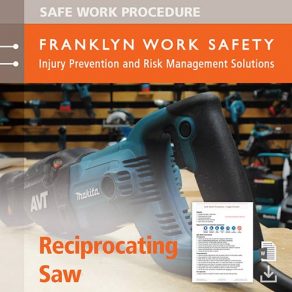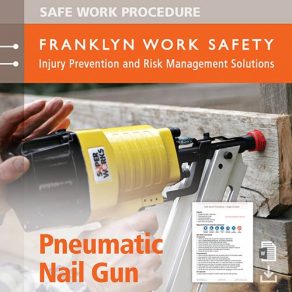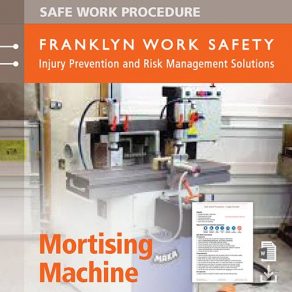When it comes to investigating physical injury reports most people barely pause for thought. But when work stress is reported it often leads to confusion about what to do, and hoping that it will resolve itself.
WorkSafe have recently issued guidance that lists eight widely researched risk factors for psychological injury, and they make a useful framework for anyone to use to investigate a stress report. The key to this list, is that they are all risk factors that an organisation can control, thus investigation findings can be used to find logical improvements.
So the next time your workplace goes through trying times or a staff member reports feeling stressed, try having a look at things using the following subheadings and questions:
- Autonomy/control: do staff have reasonable control over the way they do their job?
- Job demands: are workloads and schedules for completing work okay?
- Support: is support/perceived support from management and colleagues reasonable?
- Role conflict/ambiguity: are expectations and duties clearly defined?
- Relationships: are their sound respectful working relationships amongst staff?
- Change: is change managed with clear communication and support for those impacted?
- Rewards and recognition: are staff efforts recognized/rewarded appropriately?
- Organisational justice: what are the staff perceptions of procedural and relational fairness?
WorkSafe have recently reviewed their psychological injury material, and if you haven’t seen it already it’s worth a look.
- Primary source for the information above: Psychologically safe and healthy workplaces: risk management approach toolkit (Refer Page 3).
- General WorkSafe page on psychological injury:http://www.commerce.wa.gov.au/worksafe/introduction-work-related-stress


